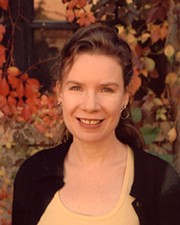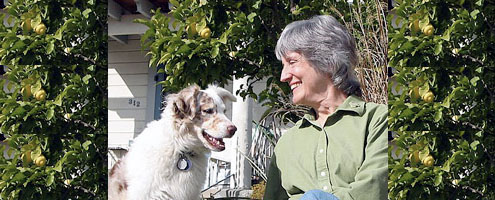Doctor Koelle researches how to develop data visualizations that represent spatial experience as subjective and relational rather than as defined through place. The goal is to map animal and human movements and constraints across the American West at different scales to facilitate an affective and aesthetic experience and provide a way to think about the politics of movement and immobility, from habitat destruction to transit budget cuts.
Sandra Koelle is a Postdoctoral Fellow in Environmental Humanities at Stanford University.









